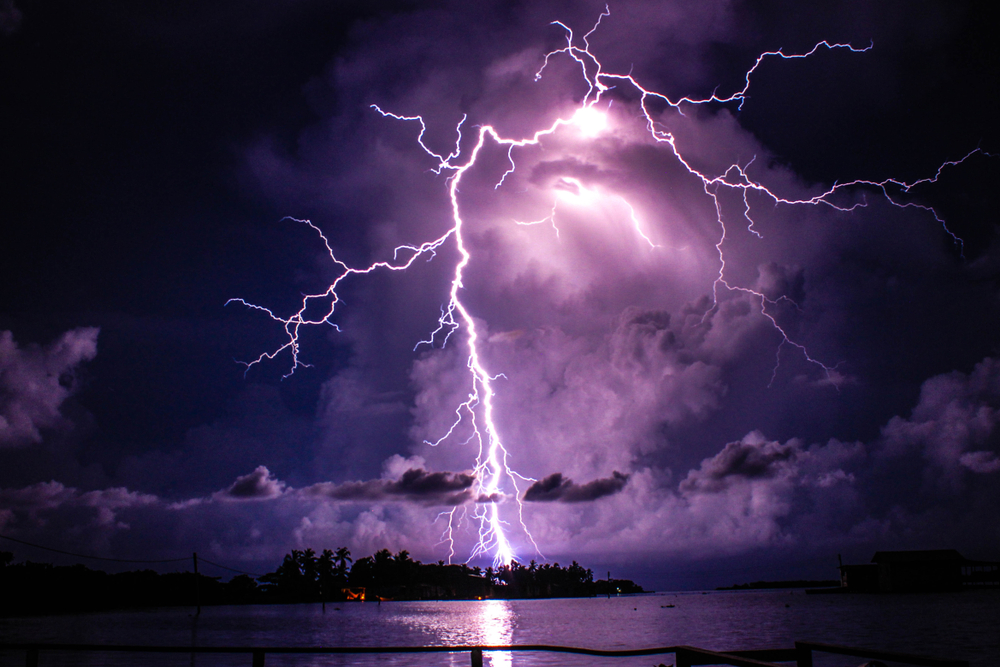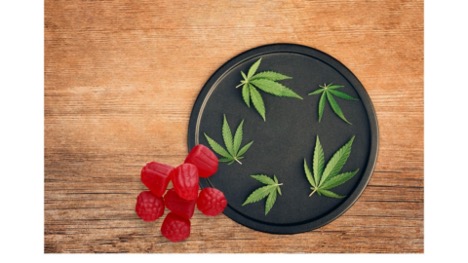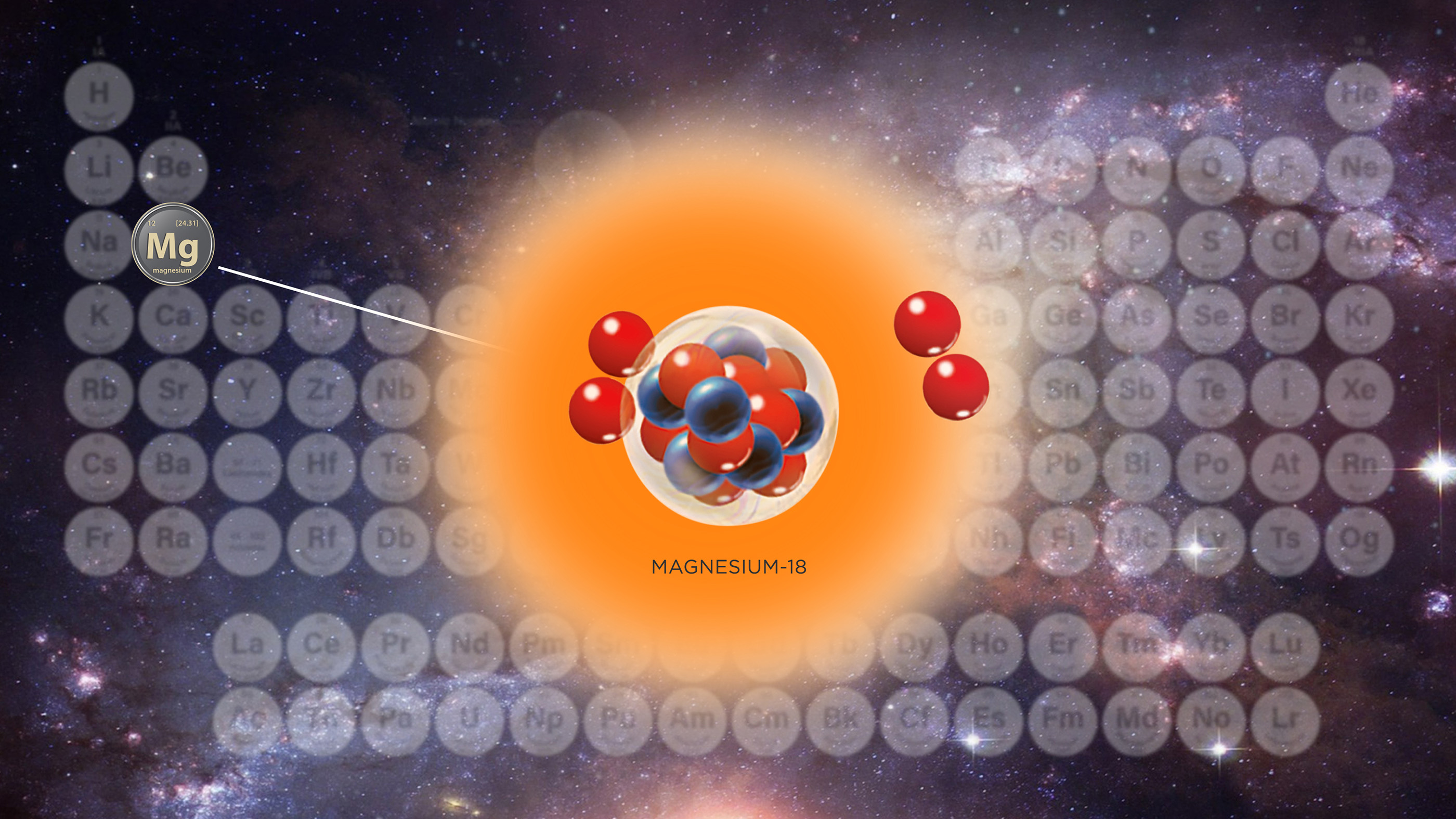A wheat field in Ukraine Maksym Belchenko/Getty Images
The war in Ukraine has already caused food prices to shoot up as global markets anticipate a loss of wheat and maize exports from one of the world’s largest producers of these crops. But Europe and the US could more than compensate for the loss of Ukraine’s exports by diverting crops destined to be made into biofuels into food production instead. This would bring food prices down and help prevent a major global food shock.
On 9 March, Ukraine banned most food exports to try to ensure that its people don’t go hungry as Russian forces invade.
Food prices were already at the highest levels for 40 years, says Matin Qaim at the University of Bonn in Germany. This is for many reasons, including poor harvests because of extreme weather driven by global warming.
Quickly increasing the supply of food crops is difficult. But a large proportion of food crops aren’t eaten but converted to biofuels. Globally, 10 per cent of all grain is turned into biofuel, says Qaim.
In the US, a third of the maize grown is converted into ethanol and blended into petrol. Around 90 million tonnes is used for ethanol, nearly double the 50 million tonnes exported by Ukraine and Russia, says Qaim.
In the European Union, 12 million tonnes of grain, including wheat and maize, is turned into ethanol, Qaim says, around 7 per cent of the bloc’s production.
The EU also produces large quantities of biodiesel. It turns 3.5 million tonnes of palm oil alone into biodiesel, says Qaim. “That’s almost the amount of sunflower oil coming out of Ukraine and Russia.”
Governments have the power to change this, says Ariel Brunner at Birdlife International. “Because the biofuel market is entirely driven by subsidies, you can unplug it literally with the stroke of a pen,” he says.
If the US and Europe were to decrease their use of ethanol made from grain by 50 per cent, they would effectively replace all of Ukraine’s exports of grain, Tim Searchinger at Princeton University has calculated in response to a question from New Scientist.
“This is one of the few really quick things we can do,” says Brunner. “We are literally burning a hell of a lot of food.”
One country has already done just this. On 11 March, the Czech Republic ended its mandate requiring ethanol to be blended with petrol. It did this to reduce the costs of fuel rather than food, but Brunner is calling for other countries to follow suit.
“It absolutely would make a difference. It would begin to relieve prices immediately.” says Jason Hill at the University of Minnesota in St Paul. “It would also send a signal that can be acted on immediately by farmers. Northern hemisphere farmers are deciding now what to plant.”
The US Environmental Protection Agency has the power to waive the requirement to blend ethanol into fuels, says Hill. “The EPA could very quickly send a signal that ethanol is not needed.”
Temporarily halting biofuel mandates wouldn’t be popular with farmers. The powerful agrobusiness lobby in the US is currently demanding the opposite, that biofuel production is increased in response to the rising oil price, says Hill.
However, only 6 per cent of fuel sold at petrol pumps in the US is ethanol, he says, so changing this either way isn’t going to have a major effect on global oil prices. By contrast, it could have a major effect on food prices.
Higher food prices hit those with the lowest incomes the hardest, and can contribute to political unrest such as the 2011 Arab Spring. “Hunger may go up significantly,” says Qaim.
“It’s profoundly immoral to try to solve a shortage of energy by creating a shortage of food,” says Brunner.
In general, fuel price rises affect those who can afford to drive cars and fly, whereas people with low incomes spend most of their money on food, he says. “You are taking food off the table of people in the slums of Cairo to subsidise rich people driving SUVs.”
“It’s a question of what you care about most,” says Searchinger. Some proponents of bioenergy have argued that it provides a buffer that could be removed during food shortages, he says, and now is the time to use it.
“Even that signal of increased availability is going to have a disproportionately beneficial effect on prices,” says Hill. “You are going to reduce the potential for catastrophically large market responses.”
Many researchers have long been calling for a permanent end to biofuel mandates, because study after study has shown they don’t reduce greenhouse gas emissions by much if at all and in fact often increase them.
Charities such as Oxfam have campaigned against biofuels, saying that by increasing demand, they have pushed up food prices globally and pushed more people into poverty. Higher demand has also led to more land clearance and habitat loss for wildlife, the main factor driving the loss of biodiversity.
“There’s growing recognition of the negative repercussions of using food for fuel,” says Hill.
More on these topics:
Note: This article have been indexed to our site. We do not claim legitimacy, ownership or copyright of any of the content above. To see the article at original source Click Here













